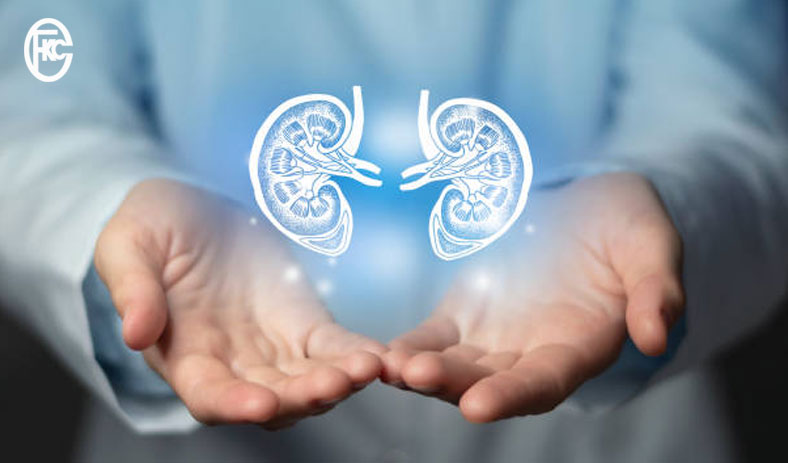
Overview:
Millions of people worldwide that are affected by a chronic and progressive condition known as kidney disease. It can lead to kidney failure, requiring dialysis or a kidney transplant for survival. However, advancements in kidney care are paving the way for improved treatment options and better outcomes for patients with kidney disease.
Here are some following advancements in kidney care that offer hope for the future:
1. Precision medicine:
With the advent of precision medicine, doctors can tailor treatments to individual patients based on their specific genetic makeup and medical history. This personalized approach can lead to more targeted and effective therapies for kidney disease.
2. Telemedicine:
Eliminating the need for in-person visits, telemedicine allows patients to consult with healthcare professionals remotely. This technology can improve access to care, particularly for individuals living in rural or underserved areas.
3. Wearable devices:
Wearable devices, such as smartwatches or fitness trackers, can monitor various health parameters, including kidney function. This technology enables patients to track their own health and share data with their healthcare providers, allowing for early detection of kidney problems.
4. Artificial intelligence:
Artificial intelligence (AI) has the potential to revolutionize kidney care. AI algorithms can analyze vast amounts of patient data to identify patterns and make predictions, aiding in the early detection and management of kidney disease. AI can also assist in the interpretation of radiology and pathology results, improving diagnostic accuracy and treatment planning.
5. Organ regeneration:
Regenerative medicine holds promise for repairing or regenerating damaged kidney tissue. Scientists are exploring various approaches, such as stem cell therapy, tissue engineering, and bio fabrication, to develop new kidney regeneration techniques.
6. Biomarker discovery:
Biomarkers are indicators of disease progression or treatment response. Researchers are actively searching for new biomarkers that can aid in the early detection and monitoring of kidney disease. These biomarkers could help identify high-risk individuals and guide treatment decisions.
7. Robotic surgery:
Robotic-assisted surgery allows for precise and minimally invasive procedures, reducing post-operative complications and improving patient outcomes. In kidney care, robotic surgery is used for kidney transplantation and partial nephrectomy, among other procedures.
8. Immunotherapy:
Immunotherapy utilizes the body's immune system to fight diseases, including kidney cancer and autoimmune kidney diseases. Advances in immunotherapy strategies, such as immune checkpoint inhibitors and adoptive cell therapy, are showing promise in improving treatment outcomes and prolonging survival for patients with kidney disease.
9. Organ preservation techniques:
Organ preservation techniques aim to optimize the quality of donor kidneys before transplantation. This includes hypothermic machine perfusion, which keeps the organ at the ideal temperature and provides nutrients, oxygen, and medications. These preservation techniques help to increase the number of viable donor kidneys available for transplantation.
10. Novel drug therapies:
Researchers are developing new drug therapies for various forms of kidney disease. This includes medications that can slow the progression of chronic kidney disease, reduce inflammation, and target specific molecular pathways involved in kidney damage. These advancements offer hope for improved outcomes and a better quality of life for patients with kidney disease.
Conclusion:
These advancements in kidney care hold great promise for the future of kidney disease treatment. They offer hope for earlier detection, more personalized treatments, improved surgical techniques, and innovative regenerative therapies. By harnessing these advancements, we can aim to improve patient outcomes, reduce the burden of kidney disease, and ultimately improve the quality of life for individuals living with kidney disease.